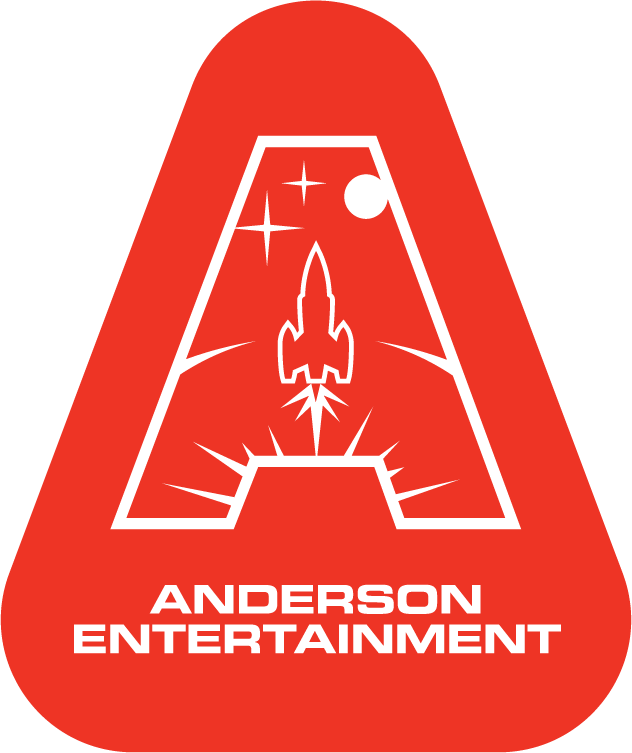From its awe-inspiring design to its unifying link between the worlds of Thunderbirds and Captain Scarlet, the colossal, multi-component spacecraft Zero X remains one of Gerry Anderson’s most beloved vehicles. Envisioned by Gerry and designed by Derek Meddings, the craft undoubtedly became the unintentional star of the 1966 movie Thunderbirds Are Go, and proceeded to enjoy a substantial post-Thunderbirds existence in both the pages of TV Century 21 and as the vehicle which Captain Black piloted on that fateful mission to Mars to investigate strange radio waves emanating from the planet.
Indeed, despite the craft’s brief onscreen appearances, Zero X enjoyed quite a lengthily afterlife throughout various Gerry Anderson comics and annuals between the late 1960s and early 1970s. Have you therefore ever paused to consider just how many different versions there are of the Zero X craft? The answer may surprise you!
The total number of Zero X craft is… 101 – at least!
Is this factually correct? How can this be such a huge figure? Let’s investigate!
Zero X is Go!
Celebrated as the vessel that eventually succeeds in taking mankind to Mars, Zero X is also famed for providing us with some memorable crash landing sequences. The first two versions of the Zero X craft are seen in Thunderbirds Are Go, both of which are resoundingly destroyed during the events of the film. With so many spectacular disasters to its name throughout the craft’s lifespan in film, comics and beyond, it’s litter wonder that quite so many variations of Zero X were in operation!

Despite its successful take-off to explore Mars, Zero X Mark. I was accidentally destroyed by The Hood, who’d managed to stowaway abord the spacecraft in order to photograph its interior engineering. After its total destruction over the ocean, a second attempt was made to travel to Mars with the Zero X Mark. II. This time, the journey to the Red Planet was a success, but upon re-entry to Earth, one of Zero X’s radio-controlled lifting bodies malfunctioned mid-docking. International Rescue sprung into action to rescue the Zero X’s crew before the damaged craft endured yet another crash-dive.
If you enjoy matching up your comic spin-offs with the TV iterations, we can also safely assume that the Mk. III Zero X is the version that Captain Black flew to Mars.
Adventure in the 21st Century
Despite the very real threats of industrial espionage and being prone to cataclysmic malfunctions, Zero X continued to thrive offscreen in the pages of TV Century 21. A two-year strip chiefly illustrated by Mike Noble and mostly written by script editor Angus Allan became a mainstay in the comic, expanding on the spacecraft’s adventures as it journeyed across the stars to discover the mysteries of the universe.
The Zero X strip began in January 1967, quite purposefully timed to coincide with the 1966 Christmas release of Thunderbirds Are Go. The strip picks up immediately where the film leaves off and introduces the newly rebuilt Zero X blasting off back to Mars to conduct further investigations of the menacing Rock Snakes. In this storyline’s debut instalment, this version of Zero X is clearly described as being the Mark. III version.

It would seem that this Mk. III iteration of Zero X becomes the mainstay of the craft’s tenure in TV21 – despite the craft suffering further catastrophic adventures! Zero X endures another disastrous crash-landing during the events of the ‘Horror of Asteroid Belt 19’ storyline, in which the crew become infected by space pollen, causing the craft’s return trip to Earth to descend into chaos when Zero X is forced to crash-land in Miami. Despite these events seemingly justifying yet another reconstruction of Zero X, the craft eventually returns to active service with no definite acknowledgement that a Mk. IV is justified.
Further complications ensue when a later storyline, illustrated by Jim Watson, shows a renegade doppelganger version of Zero X in action! In this revenge thriller, Paul Travers is blackmailed into helping to build a replica of Zero X by a vengeful enemy with a connection to Paul’s father. This oddly copper-coloured Zero X is referred to as the ‘twin’ Zero X.

Annual Affairs
Within a five-year timeline then, from Zero X’s first attempt to venture to Mars in 2065 to the end of TV Century 21 in 2069, we see three versions of Zero X jet off into intergalactic adventure. You might be wondering then at this point how exactly we reach that earlier figure of 101 versions of Zero X? The answer lies 1,000 years in the future.
In 1969, Zero X became integrated into the wider world of the wildly post-apocalyptic Project S.W.O.R.D. Far and removed from the mostly optimistic vibes of Anderson shows, Project S.W.O.R.D. told the morose adventures of the Space World Organisation for Research and Development’s efforts in salvaging the human race when the Earth is partially destroyed by a gargantuan meteorite in the year 3031. What’s left of society is plunged into chaos whilst S.W.O.R.D. is tasked with evacuating humanity to neighbouring colonised planets, all the while the ruptured Earth has become a ticking timebomb, ready to detonate at any moment.
A motorised toy of Zero X was made available as part of the wider Project S.W.O.R.D toyline. In the 1970 Project S.W.O.R.D. annual, a two-page cross-section spread is include of Zero X. Here, Zero X is described as being the Mark 101 version of the spacecraft, repurposed to become part of S.W.O.R.D.’s evacuation fleet. Zero X has been modified to ferry 500 passengers and is refurbished with luxury accommodation, lounge compartments, sleeping quarters, a dining space, bar and recreation facilities.

It’s intriguing to think that Zero X enjoyed a 1,000-year lifespan! What kinds of missions did the craft enjoy during that time? What kind of disaster befell the craft to justify 100 modified reincarnations of the vessel? How many generations of crews have sat at the craft’s controls? The mind boggles!
A year later in the 1971 Thunderbirds annual, another doppelganger of Zero X is seen in the standalone Zero X comic The Switch – the Zero Z! This simplified design appears to incorporate all of Zero X’s lifting body components so that the craft functions as a single vehicle. The craft is introduced as a replacement for the Zero X, but is eventually revealed to be a hugely elaborate ruse to test Captain Paul Travers’ endurance capabilities. The Zero Z itself even gets destroyed by the story’s end. Rather a waste!
Zero X – the Freighter Craft?
We may have covered plenty of terrain, but the mysteries of Zero X don’t stop there. You may wish to buckle up – this is where things become weirdly convoluted!
Despite TV21 ending publication, 1970 saw the publication of one of the rarest and oddly bizarre bits of Anderson/TV21 merchandise produced – the Letts TV21 Diary. Described as ‘The Diary of the Future’, this compact tome combined real-world historical events with key fictional events from Gerry Anderson productions, in particular events from the shared world of the TV21 comics and annuals. Both genuine and fictional events were designed to tie in with each other in their similarity, for example, the dates of Doctor Venus’ birth and Charles Darwin closely coincide.
The diary’s very first combined historical/future account provides a startling adjustment of established continuity regarding Zero X’s development. The diary claims that, in the wake of the first settlers on Mars some 20 years prior, January 2021 saw a monthly freight service between Earth and Mars put into operation. That service utilised the Zero X Mark 27B freight carriers. Of course, this wildly conflicts with how Zero X is presented in Thunderbirds Are Go, which firmly established that this is very much the beginning of the craft.
Nevertheless, whoever wrote the Letts TV21 Diary does an admirable job of attempting to tie together disparate strands of possible shared canon, and quite clearly did their homework, packing in plenty of references to established TV21 lore and specific storylines from the comics and annuals. Rather than coming off as its author not having conducted their research, this final epic leap of worldbuilding attempts to rewrite this future history by presenting Zero X with a longer and more impressive history than we first thought.
Does the number of Zero X craft surprise you? Would you consider the Letts TV21 Diary to be canon? Let us know in the comments section below or on social media!









Leave a comment